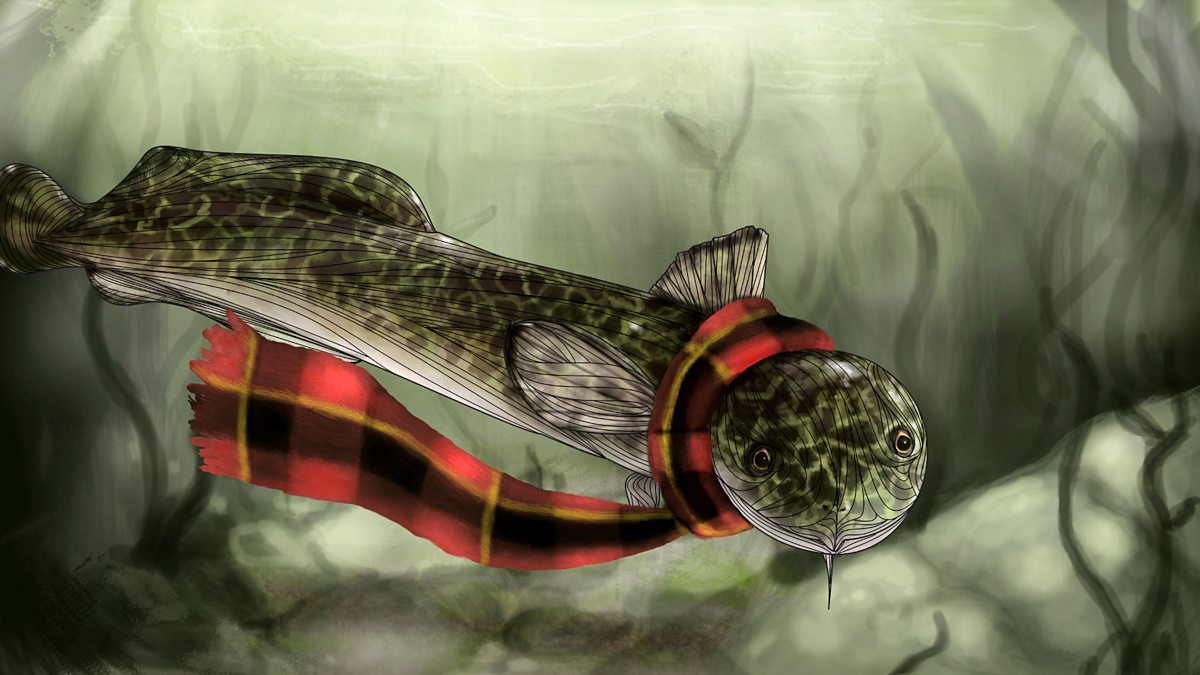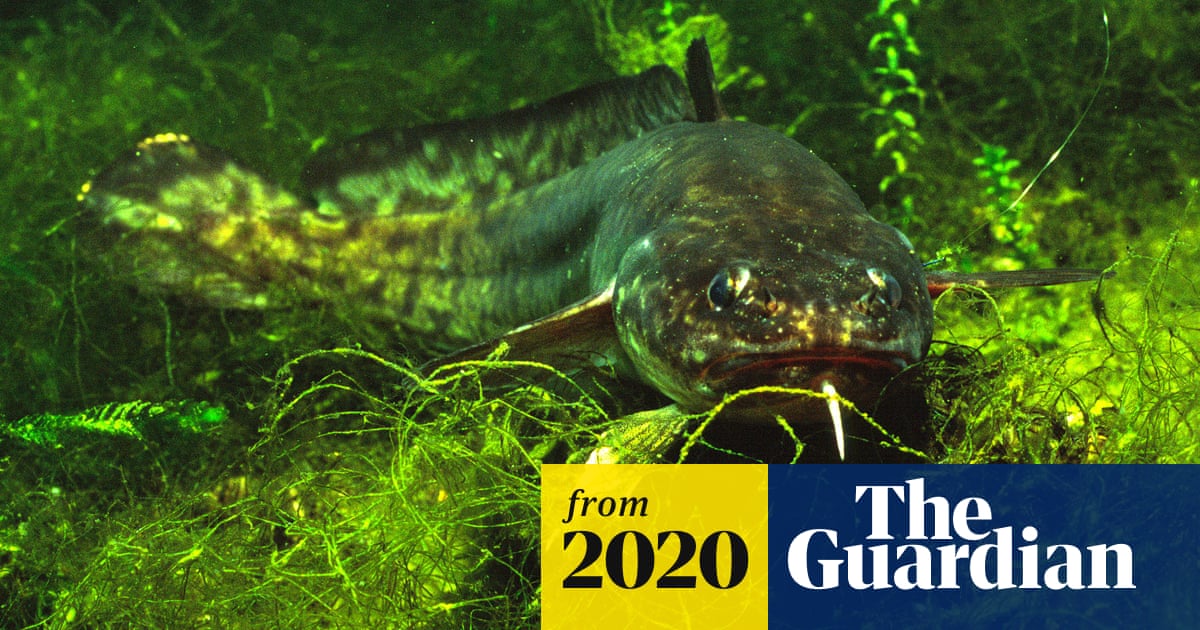I was listening to Radio 4 this morning and they had a piece called Natural Histories about the burbot.

 www.bbc.co.uk
www.bbc.co.uk
They said it is common in mainland europe and used to be common in UK but has been extinct in the UK since 1969,
Is it extinct? I seem to recall that the Ousemeister fish-in has a prize if anyone catches one.
Anyone caught one in UK post 1969? Anyone got a photo? How big are they
Neil

BBC Radio 4 - Natural Histories, Burbot
Brett Westwood explores our relationship with a flabby, sour-faced fresh water fish.
They said it is common in mainland europe and used to be common in UK but has been extinct in the UK since 1969,
Is it extinct? I seem to recall that the Ousemeister fish-in has a prize if anyone catches one.
Anyone caught one in UK post 1969? Anyone got a photo? How big are they
Neil

